The major chunk of India’s population comprises youth and with increased competition, life may get into a mismatch of expectations for many. Cases of suicide among students are increasing in the country. Between 2014 and October 2022, at least 15 students from Andhra Pradesh and Telangana died by suicide at various Indian Institute of Technology (IITs).
Union Education Minister Dharmendra Pradhan was asked the question about suicide in Lok Sabha in 2021, he responded that a total of 122 students of higher education institutions committed suicide between 2014-21.
There is solution for everything; Initiatives taken by the government:
In 2017, the Ministry of Human Resource Development (MHRD) laid out a counselling plan for IITs and other higher educational institutions. It was observed that between 2014 and 2016, 26,467 students committed suicide in the country. The Ministry directed the IITs to establish wellness centres and provide psychological counselling to the students. Following the directive, IIT- Delhi decided to revamp its curriculum in a way that helps students manage study pressure effectively and keep suicidal tendencies away. The revised curriculum reduced focus on theory and offered more hands-on experience.
The University Grants Commission (UGC) has also taken several initiatives to check the incidents of students suicide. UGC (Redressal of Grievances of Students) Regulations, 2019 was formulated to safeguard the interests of the students.
During the Covid-19 pandemic, the MHRD launched an initiative called ‘Manodarpan’ with the aim to provide psychosocial support to students. It covers a wide range of activities to provide psychological support to students, teachers and families for mental wellbeing.
Empathy: Antidote to suicide
There are a total of 23 IITs in India, and 3 of them in Delhi, Madras and Mumbai have wellness centres as directed by the Ministry. Initiatives have been taken to connect more than 300 counsellors in various wellness centres.
Indian Psychiatric Society (IPS), regulatory body of mental health professionals has also formulated a team to tackle the issue. It consisted of three psychiatrists: Dr. Kersi Chavda, Dr. Avinash Desouza, and Dr. Amrit Pattojoshi. Dr. Chavda in an interview explained the scenario, he said, “India is a young country. We are all set to have a huge population between the age group of 16 and 25. They struggle with increasing competition, internet, mobile addiction, drug use, and a constant tussle between traditional and modern.”
It is important to not ignore varied thoughts and emotions and learn to manage them. Dr. Pattojoshi, part of the team tackling the mental health issue of college students suggests that talking to people who listen and value your sentiments can be helpful. He mentions that suicidal thoughts are transitory and come in waves, therefore it is important to “know that if you make it through the most difficult moments, you have a chance at feeling better.”

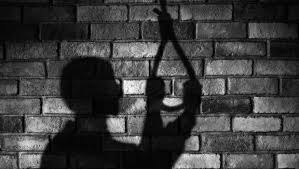








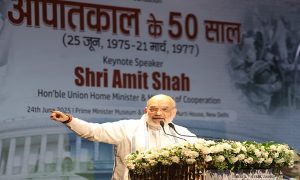

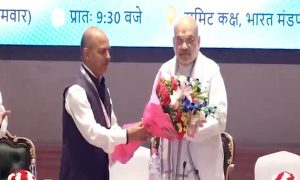

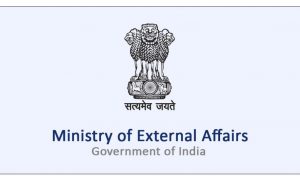

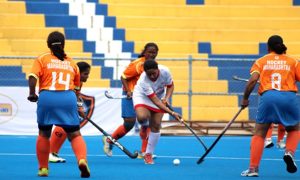

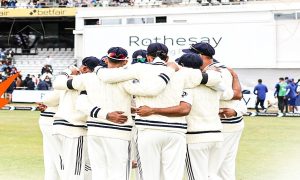







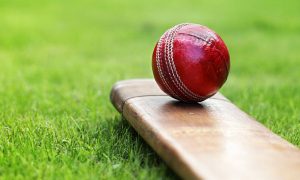

 WhatsApp us
WhatsApp us